- | 9:00 am
These are the five books Bill Gates says you should read this summer
From a look at the technology underlying everyday life to political polarization, Gates’s latest reading picks might have you learning something new on your vacation.

Bill Gates’s idea of a good summer book isn’t necessarily light beach reading: This year, his annual list of recommendations includes a novel about climate disaster, an analytical book about the technology that underlies everyday life (from energy to food production), and a book about political polarization in the U.S. But if you’re looking to learn something on your next vacation, you might want to give one of these a try. And Gates says that despite the weighty-sounding topics, the books aren’t a slog. “Each of the writers—three novelists, a journalist, and a scientist—was able to take a meaty subject and make it compelling without sacrificing any complexity,” he writes on his blog, Gates Notes.
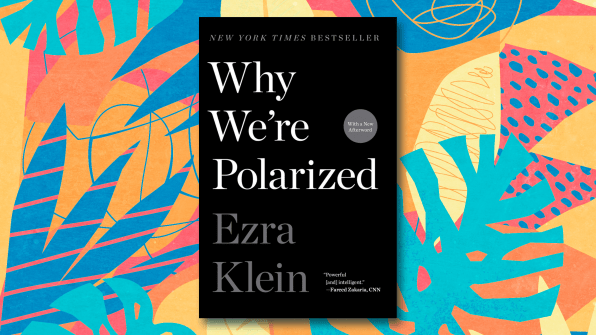
[Image: Simon and Schuster]
Why We’re Polarized by Ezra Klein
“If you want to understand what’s going on with politics in the U.S. right now, this is the book to pick up,” Gates writes. Klein, a New York Times columnist, talks about the human tendency to make decisions based on group identity. While the book is about politics, “I thought it was also a fascinating look at human psychology,” Gates says in his post. “One of my main takeaways was that many of us might need to reframe how we think about changing someone’s mind.”
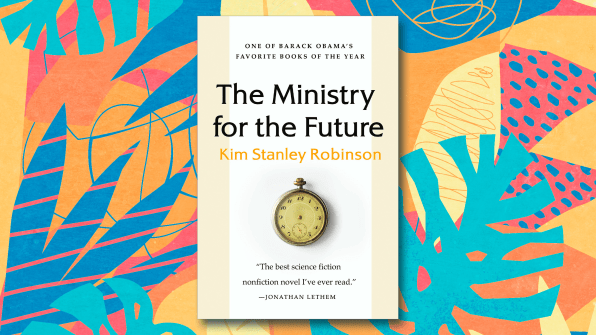
[Image: Hachette]
The Ministry for the Future by Kim Stanley Robinson
Set in the not-so-distant future, this “cli-fi” (climate fiction) novel opens during a deadly heat wave in India. A UN organization, called the Ministry for the Future, aims to protect future generations as the climate crisis gets even worse. “In Robinson’s story, there isn’t a single solution to climate change, just as there won’t be in the real world,” Gates writes. “Instead, he weaves together stories about many new policies and innovations, all of which work together to avert disaster. Some of these ideas are really intriguing, like the idea of the Ministry for the Future itself.”
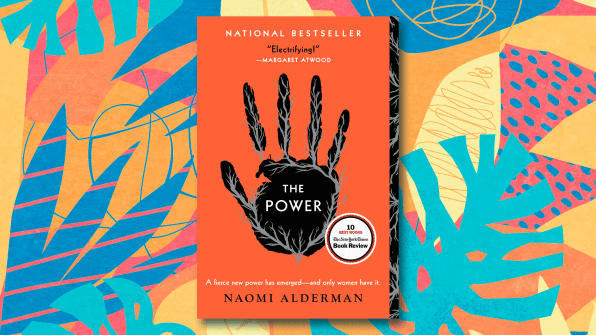
[Image: Hachette]
The Power by Naomi Alderman
Gates’s daughter Jennifer recommended that he read this sci-fi novel focused on gender, with an unusual premise: What would happen if teenage girls suddenly had the physical power to create electric shocks that could hurt or kill men? “Reading about female characters who have been suffering with no recourse and suddenly have the power to defend themselves, I gained a stronger and more visceral sense of the abuse and injustice many women experience today,” Gates writes.
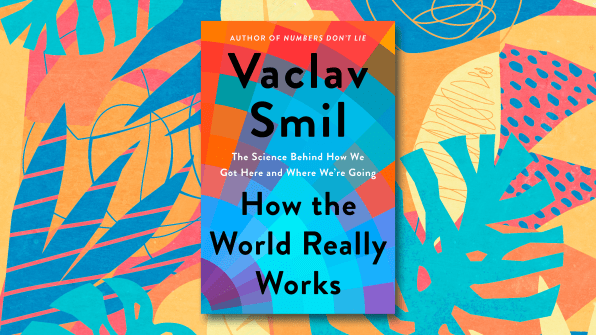
[Image: Penguin Random House]
How the World Really Works by Vaclav Smil
Smil, who has written more than 40 books on a wide range of topics—from a deep dive on fertilizer to a detailed look at changes in the Japanese diet—is one of Gates’ favorite authors. This book, an overview of the basic infrastructure that society relies on, is written for a general audience. The first three chapters on energy, Gates writes, “should be required reading for anyone who wants to have an informed opinion on climate change.” On his blog, Gates is sharing a free download of one chapter.
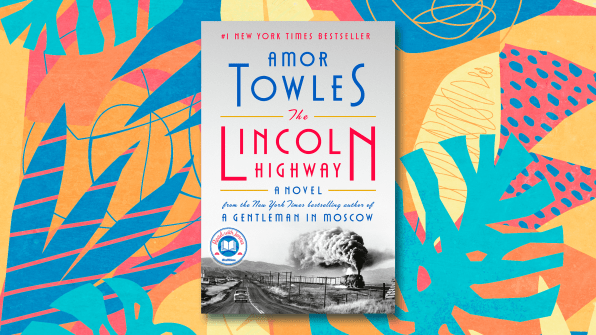
[Image: Penguin Random House]
Lincoln Highway by Amor Towles
Set in the 1950s, this novel tells the story of two brothers who plan to drive from the Midwest to California, but have their trip interrupted. Gates says it’s just a good story. “Whenever I choose a novel and put it in my canvas book bag, I optimize for great storytelling—almost regardless of the topic,” he writes.







































